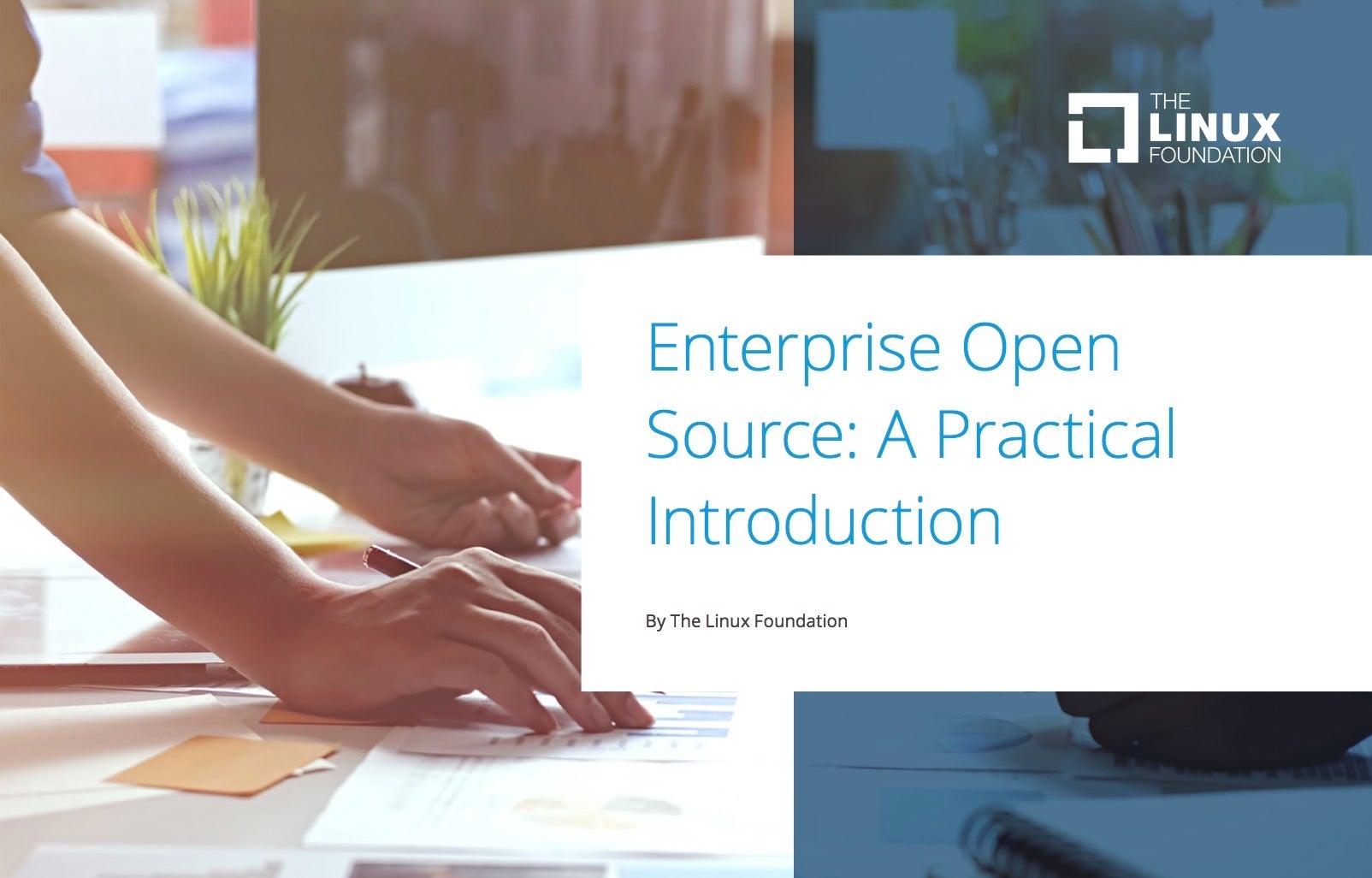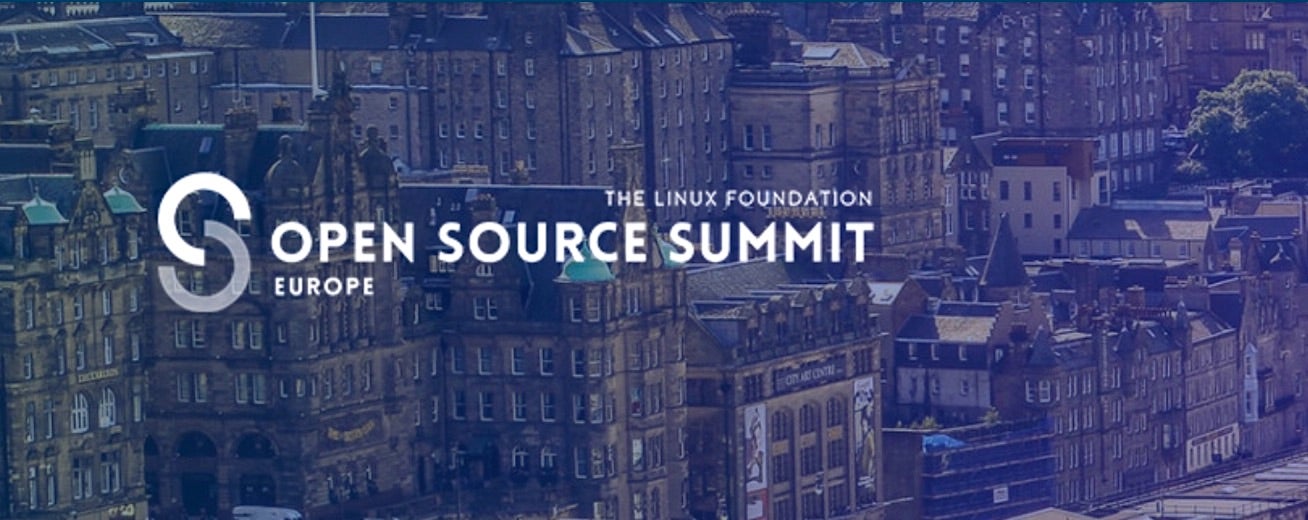The denial of service bug had actually been patched in the Linux kernel weeks before news of it was ever announced.
Another day, another bit of security hysteria. This time around the usually reliable Carnegie Mellon University’s CERT/CC, claimed the Linux kernel’s TCP network stack could be “forced to make very expensive calls to tcp_collapse_ofo_queue() and tcp_prune_ofo_queue() for every incoming packet which can lead to a denial of service (DoS).”
True, this bug, already given the trendy name SegmentSmack, could cause DoS attacks. But it’s already been fixed.
Read more at ZDNet



